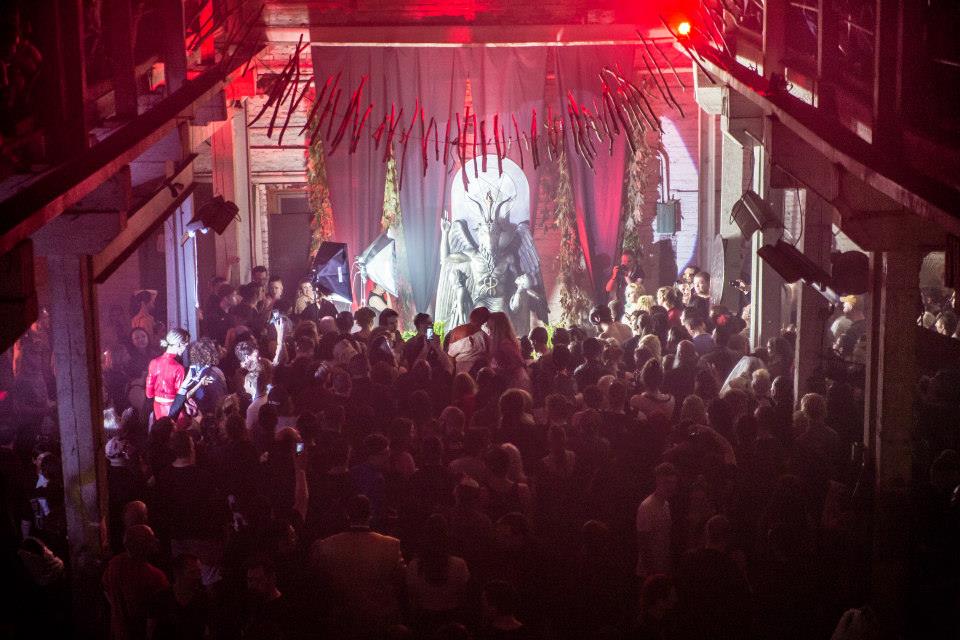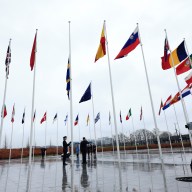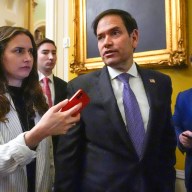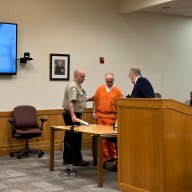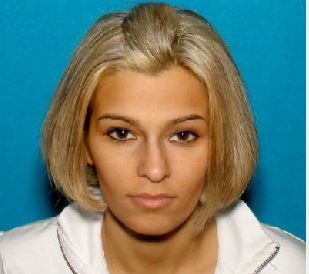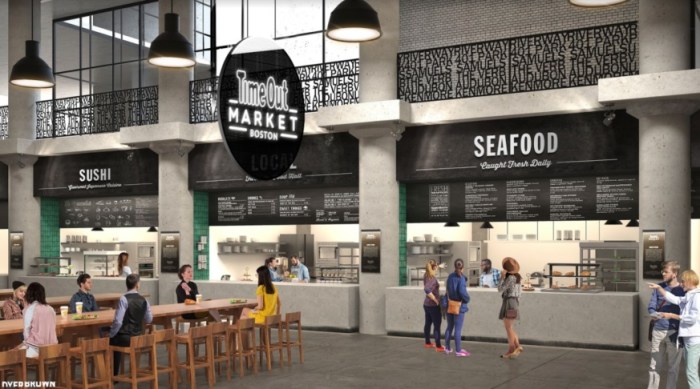Following a “free speech” rally on Boston Common that attracted controversy, another fiery issue concerning the first amendment right is brewing.
The Boston chapter of the Satanic Temple is asking city council for the opportunity to deliver opening remarks at a weekly meeting, claiming that the right is frequently given to Christian groups when it should be an opportunity for all religions. If their request isn’t met, the group says it may head to court.
Boston City Council meetings often begin with an invocation or a moment of silence and prayer, lead by religious leaders from the community.
Travis LeSaffre, chapter head of The Satanic Temple Boston, recently sent a letter to Boston City Council President Michelle Wu and the council’s twelve other members asking that his organization be given that same chance.
“The Satanic Temple Boston Chapter is seeking the right to give an invocation — a right that’s been given to many, many, many other religious institutions within the city of Boston as well as outside the city,” he said.
LeSaffre said the invocations are “highly skewed” toward favoring Christianity. About 80 percent of all city council meetings since 2011 have started with an invocation given by Christian groups, he said.
According to minutes posted from the last five meetings, invocations have recently been given by Father John Carroll of St. John’s, Reverend Myrlande DesRosiers of the Haitian Community Center, city clerk Maureen Feeney, Iman Mohammed Berrie of the Sierra Leone Consulate Mission, and Brother Tom Conway of Arch Street Church.
This is the group’s second time asking Boston City Council for this opportunity, and they aren’t the only chapter of the Satanic Temple pursuing something like this.
“The first time we asked [in October], it was a more pleasant request citing the fact that other institutions have given it, so it’s only right to allow the Satanic Temple to have one as well,” LeSaffre said. “This secondary request is much more pointed. It’s the first option they have before we take legal action.”
The letter, which was also posted on the Satanic Temple Boston chapter’s Facebook, mentioned a recent court case in Rowan County, North Carolina that dealt with a “similar situation in where a city council created de facto christian prayer by cherry picking speakers,” LeSaffre said.
The ACLU filed that lawsuit on behalf of non-Christians who said they felt “excluded” by the prayer. A federal appeals court in North Carolina ruled that the county’s practice was unconstitutional, according to Fox News.
When asked what their invocation would include, LeSaffre said that it “doesn’t matter,” it’s simply about their right to say something.
He has yet to hear back from any members of the council, and he said that he doesn’t expect to. A spokesperson for Wu said in an email that different meetings are assigned to councilors at the beginning of the legislative year and those councilors decide which clergy they wish to invite to speak.
“There are no rules for this selection,” the email continued. “Traditionally, councilors have invited members from their district (or in the case of at-large councilors, members from anywhere in the city of Boston) who are active in their neighborhood and engaged community members in addition to being members of the clergy.”
LeSaffre described the Satanic Temple as a group of “non-theistic Satanists focused on political action, as well as other activities.” A Michigan chapter of the Satanic Temple made national headlines in March when members protested after legislators there sponsored anti-abortion bills. The Temple has also been lauded as a “haven” for the LGBTQ population.

